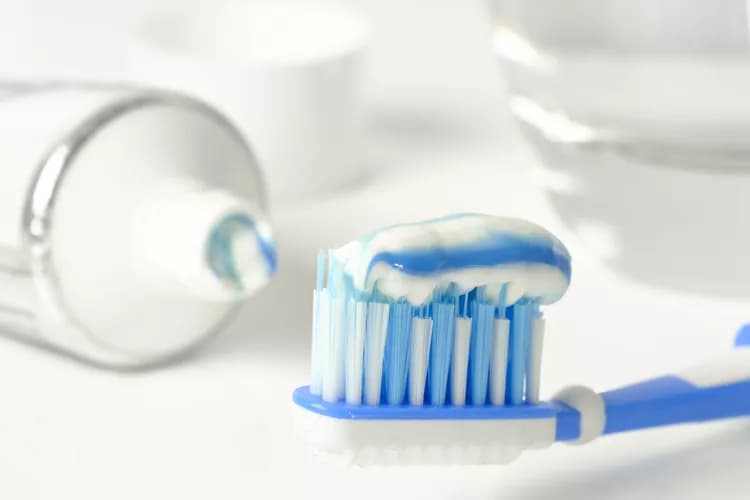Fluorine (F) is a highly-reactive chemical element that is found in abundance in the world. It forms a natural constituent of all plant and animal life, including humans. In the human body, the mineral fluoride is required in trace amounts, forming the most important component of our bones and teeth. The health benefits of fluoride, in strengthening one’s teeth and preventing dental decay, is irrefutably acknowledged by several credible global scientific and research organizations, such as the Centers for Disease Control and Prevention (CDC), the American Medical Association, the World Health Organization (WHO), and European Commission Public Health.
The discovery of the role of fluoride in dental health and in the prevention of dental caries in the early twentieth century has powerfully impacted almost all nations of the world. This gave rise to the concept of fluoridation of community drinking water supplies, as part of public health initiatives around the world. “The Centers for Disease Control and Prevention (CDC) named community water fluoridation one of 10 great public health achievements of the 20th century.” (Source: Fluoride in Water is Safe and It Works, American Dental Association, 2019)
Further, according to the CDC, “Community water fluoridation is recommended by nearly all public health, medical, and dental organizations. It is recommended by the American Dental Association, American Academy of Pediatrics, US Public Health Service, and World Health Organization.” (Source: Community Water Fluoridation, Centers for Disease Control and Prevention, October 4, 2016)
However, it is important to note that fluoride is naturally present in water (whether ground, river, or sea) as dissolved salts, although the amounts may vary from low to high concentrations from one geographical region to another. In regions of low to deficient fluoride water levels, apart from community water fluoridation, food items, such as milk and table salt, have been additionally fortified with fluorine. Dental toothpastes and mouthwash gels contain fluoride compounds, while these are categorized as topical applications that are not meant for oral consumption.
Like all vitamins and minerals, optimal levels of fluoride have to be maintained in the body; deficiencies can result in adverse human health effects, while excess amounts can lead to acute and chronic toxicities causing severe health issues. Several health advisory bodies, such as the US Food and Nutrition Board and WHO, offer recommendations on dietary intake levels of fluoride through food and water, and unequivocally caution against overdoses.
An increased intake of fluoride compounds may occur through consumption of fluoridated water that contains higher than recommended levels of fluorides, swallowing fluoridated toothpastes, oral gels, or mouth-rinses, overdosing on fluoride supplements, and sometimes, via dietary intake of fluoride-rich foods. Individuals working in certain industries, such as mineral processing and with certain chemicals containing fluorides, are increasingly susceptible to fluoride overexposure.
Research has established the following health risks from over exposure to fluoride consumption:
- Dental fluorosis and skeletal fluorosis that respectively affect the teeth and bones of the body causing the mottling of teeth, calcification of ligaments, and damage to the joints
- Thyroidal dysfunction: The parathyroid gland may be affected leading to increased serum fluoride levels and calcium depletion from the body, and consequently, easy fractures
- Chronic exposure to high levels of fluoride places one at an elevated risk for neuronal toxicity and neurological damage causing poorer cognitive skills, attention-deficit hyperactivity disorder (ADHD), and Alzheimer’s disease (according to ongoing research). According to some research, fluoride is considered a neurotoxin since 2014
- Diabetic patients have an increased risk for insulin resistance (impaired glucose metabolism), often due to chronic overexposure to fluoridated drinking water
- Increased fluoride levels can affect reproductive health resulting in infertility in both males and females
The International Association of Oral Medicine and Toxicology (IAOMT) further informs that excess fluoride can significantly affect the cardiovascular system resulting in hypertension, calcification in the arteries, cardiac insufficiency, and even heart failure.
Current research has not established any clear link between excess fluoride levels from fluoridated drinking water and the development of cancer. Nevertheless, there is mounting debate to assess increased fluoride intake to premature births and/or congenital defects in babies.
Related Articles
Test Your Knowledge
Asked by users
Related Centers
Related Specialties
Related Physicians
Related Procedures
Related Resources
Join DoveHubs
and connect with fellow professionals


0 Comments
Please log in to post a comment.